The decision by Alex Lamb, a top AI expert at Microsoft, reflects the trend of global tech talent seeking opportunities in China. According to CTOL Digital Solutions, Lamb’s move from a senior position at Microsoft Research to Tsinghua University signals potential changes in the global AI research landscape.

A colleague of Lamb’s said this summer marks a “new chapter” for the scientist, who will work at both the College of AI (CAI) and the Department of Computer Science at Tsinghua University.
CAI was founded in April 2024 under the leadership of Andrew Yao Chi-Chih, a world-renowned computer scientist. He left the US two decades ago to focus on teaching. In July 2024, CAI posted a recruitment ad, calling for top AI experts to join to help advance "core fundamental theories and architectures of AI" and "promote the integration of AI with different fields."
Sources confirmed that Lamb had begun studying Chinese before “job hopping,” indicating his commitment to the academic environment. He was looking for outstanding students in China.
Lamb's career has been filled with groundbreaking research and outstanding achievements. After graduating from Johns Hopkins University, he earned his PhD from the Montreal Institute for Algorithms at the University of Montreal.
He was mentored by Turing Award winner Yoshua Bengio during his PhD, which helped him become one of the rising stars in the field of AI.
Lamb has worked at some of the world’s most influential AI research labs. At Amazon, he developed machine learning algorithms to predict future product demand. He interned at Google Brain (USA) and Preferred Networks (Japan). Most recently, he was a senior researcher at Microsoft Research. His research is also highly regarded, including “Deep Learning for Classical Japanese Literature,” which led to the creation of KuroNet, a system for recognizing ancient Japanese characters.
Lamb’s trip to China comes amid unprecedented funding cuts to scientific research in the United States. The National Science Foundation faces a 50 percent staff cut and a billion-dollar budget shortfall that will affect more than 10,000 annual research grants. Similarly, the National Institutes of Health could lose about 40 percent of its $47 billion budget, putting countless research projects at risk of being canceled and threatening to lay off scores of scientists.
In a March survey conducted by the science journal Nature, 75% of scientists said they considered leaving the United States to find work in Europe and Canada.
In contrast, China is placing special emphasis on attracting talent and strategic investment in the fields of science and technology, especially AI. Tsinghua University and Peking University are among the top 10 institutions globally for the number of accepted research authors at NeurIPS, one of the most prestigious conferences on AI.
The Chinese government has pledged $1.4 trillion in technology investment, prioritizing AI development. This approach has spawned newcomers like DeepSeek. According to one AI scientist, Beijing has created “an environment where researchers can focus on long-term work with stable funding. For many researchers, especially those working on fundamental problems that need sustainable funding, that stability is increasingly attractive.”
Earlier this month, officials from China’s Ministry of Science and Information Technology announced a 60 billion yuan national fund to invest in early-stage AI projects.
(According to CTOL)
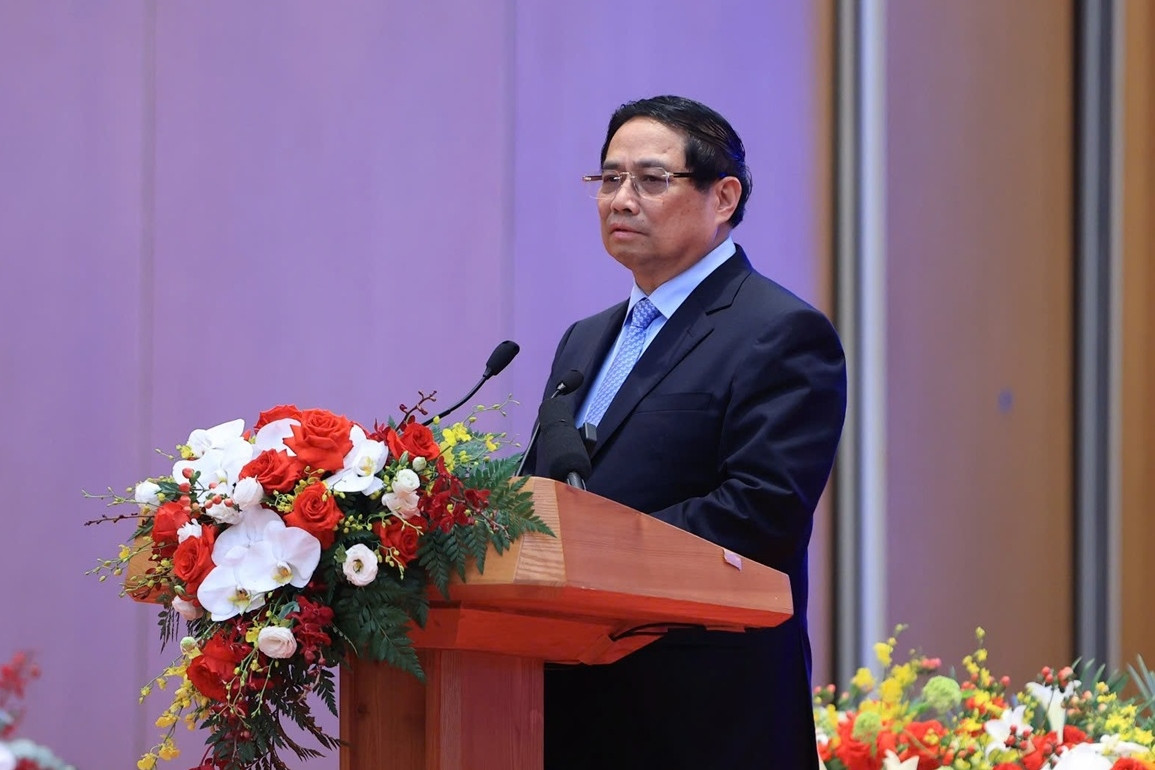
Source: https://vietnamnet.vn/chuyen-gia-ai-hang-dau-microsoft-dau-quan-cho-trung-quoc-2396301.html


![[Photo] Prime Minister Pham Minh Chinh meets to prepare for negotiations with the United States](https://vphoto.vietnam.vn/thumb/1200x675/vietnam/resource/IMAGE/2025/4/29/76e3106b9a114f37a2905bc41df55f48)
![[Photo] Nghe An: Bustling atmosphere celebrating the 50th anniversary of Southern Liberation and National Reunification Day](https://vphoto.vietnam.vn/thumb/1200x675/vietnam/resource/IMAGE/2025/4/29/64f2981da7bb4b0eb1940aa64034e6a7)

![[Photo] Hanoi is brightly decorated to celebrate the 50th anniversary of National Reunification Day](https://vphoto.vietnam.vn/thumb/1200x675/vietnam/resource/IMAGE/2025/4/29/ad75eff9e4e14ac2af4e6636843a6b53)
![[Photo] General Secretary attends special art program "Spring of Unification"](https://vphoto.vietnam.vn/thumb/1200x675/vietnam/resource/IMAGE/2025/4/29/e90c8902ae5c4958b79e26b20700a980)
![[Photo] Ho Chi Minh City: People are willing to stay up all night to watch the parade](https://vphoto.vietnam.vn/thumb/1200x675/vietnam/resource/IMAGE/2025/4/29/cf71fdfd4d814022ac35377a7f34dfd1)
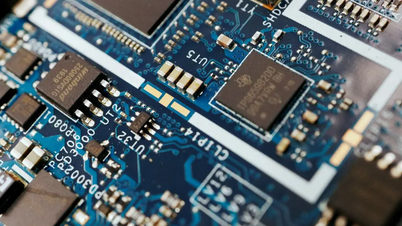













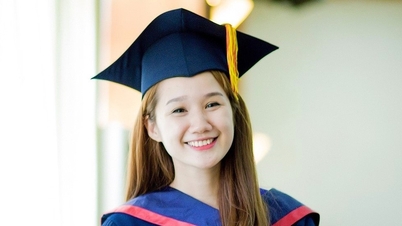

![[Photo] People choose places to watch the parade from noon on April 29](https://vphoto.vietnam.vn/thumb/1200x675/vietnam/resource/IMAGE/2025/4/29/3f7525d7a7154d839ff9154db2ecbb1b)













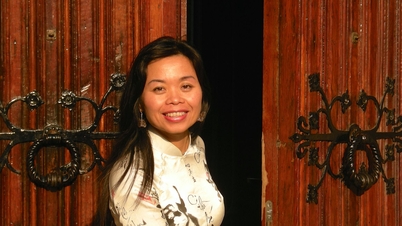



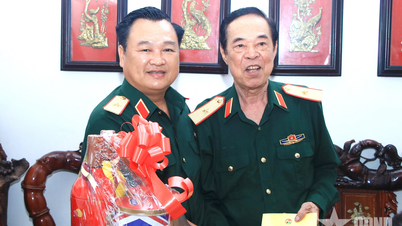
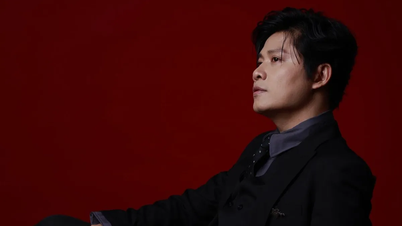







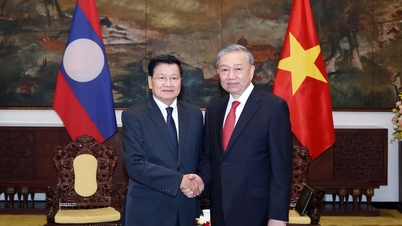

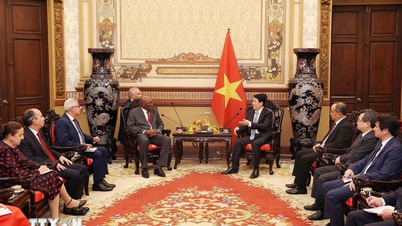


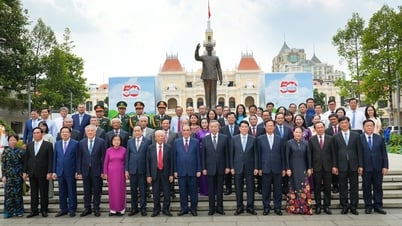






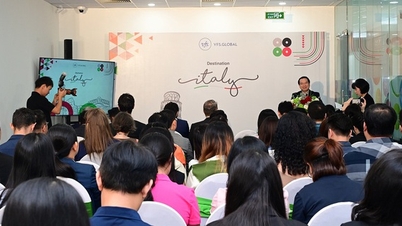

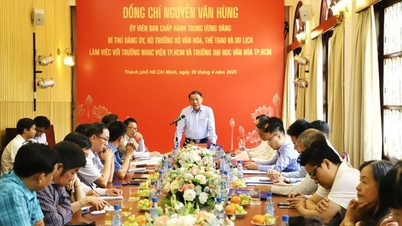
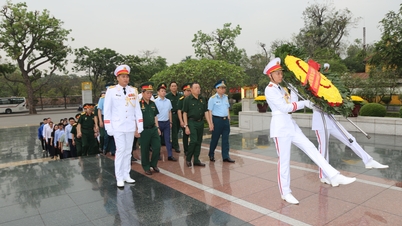





















Comment (0)